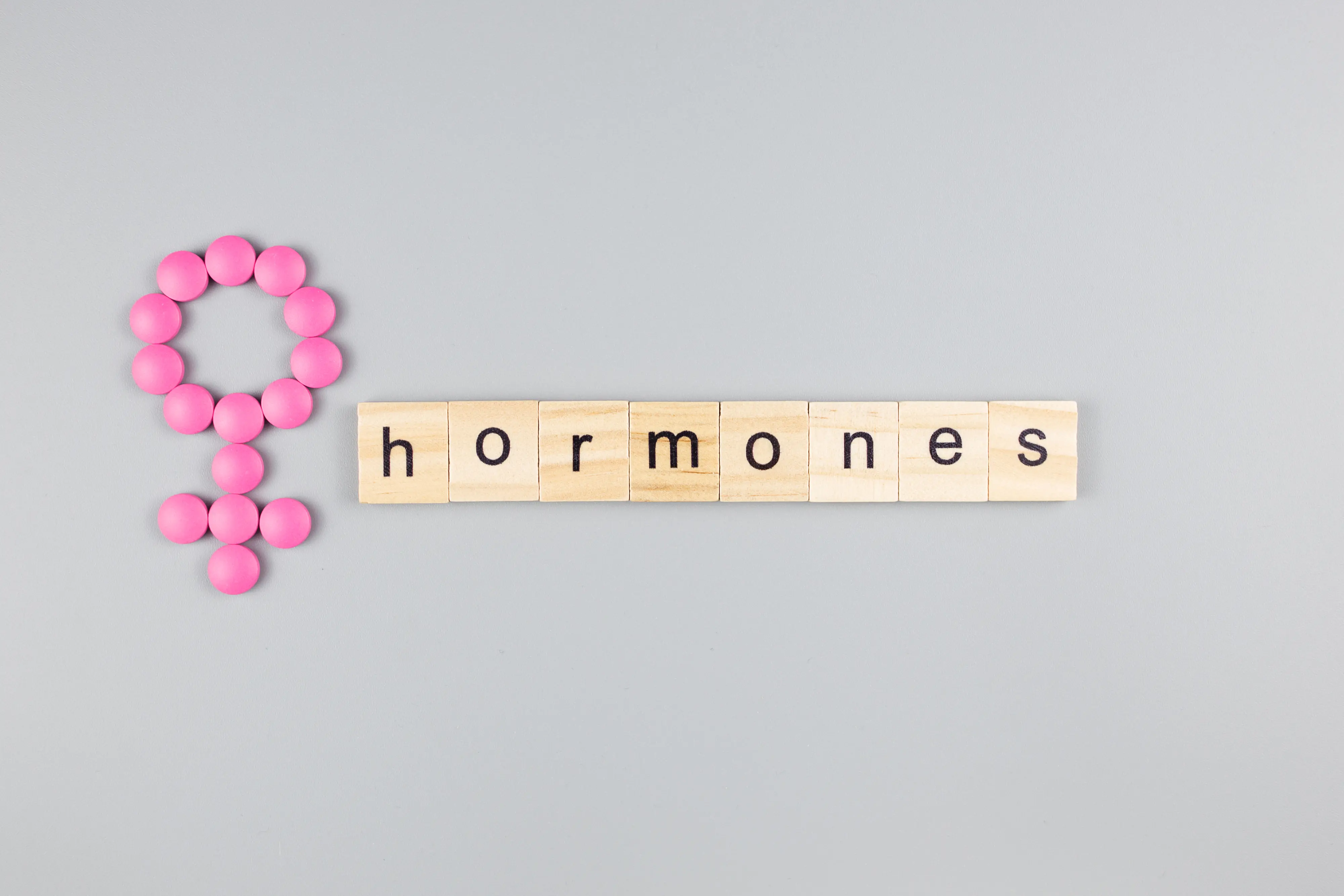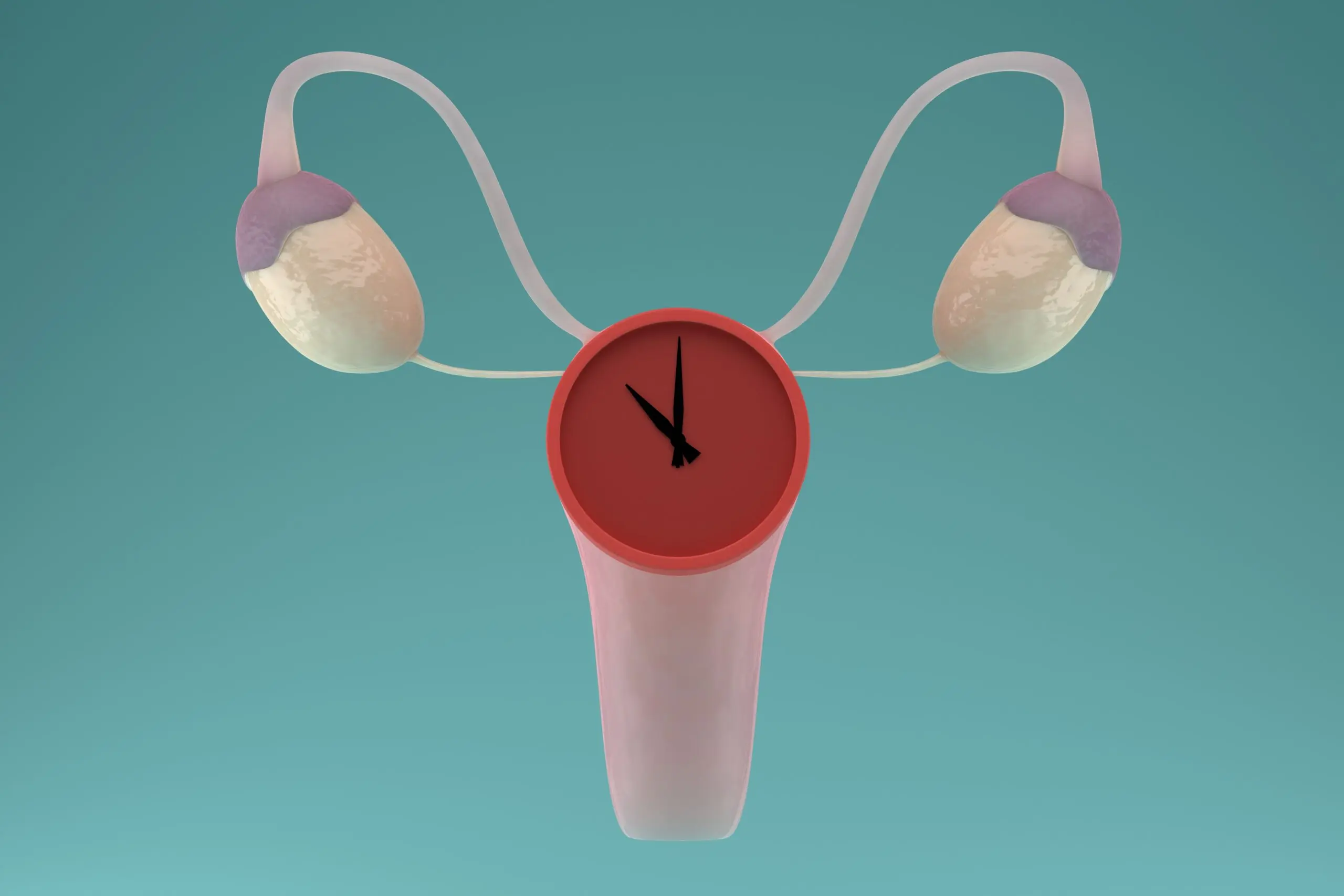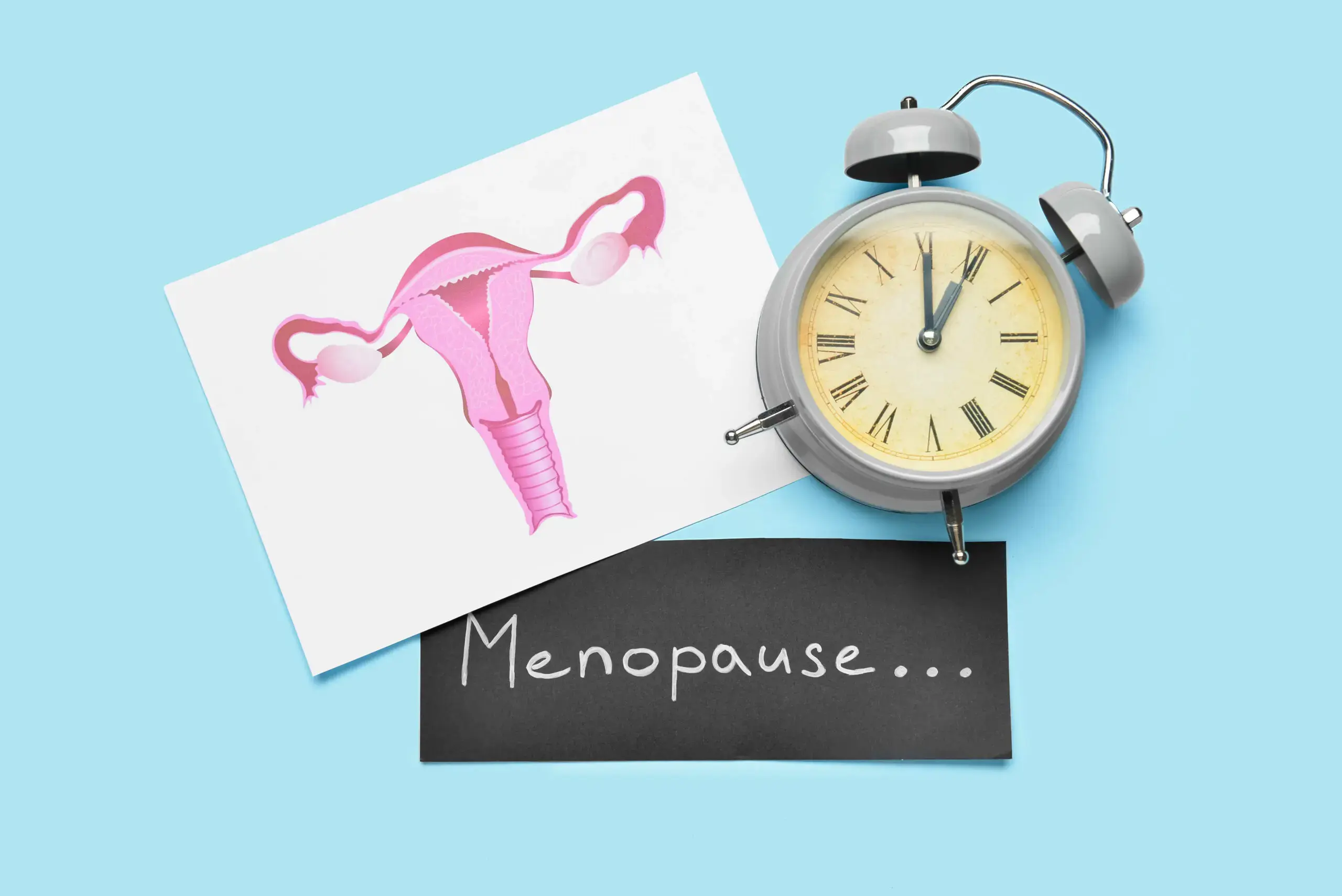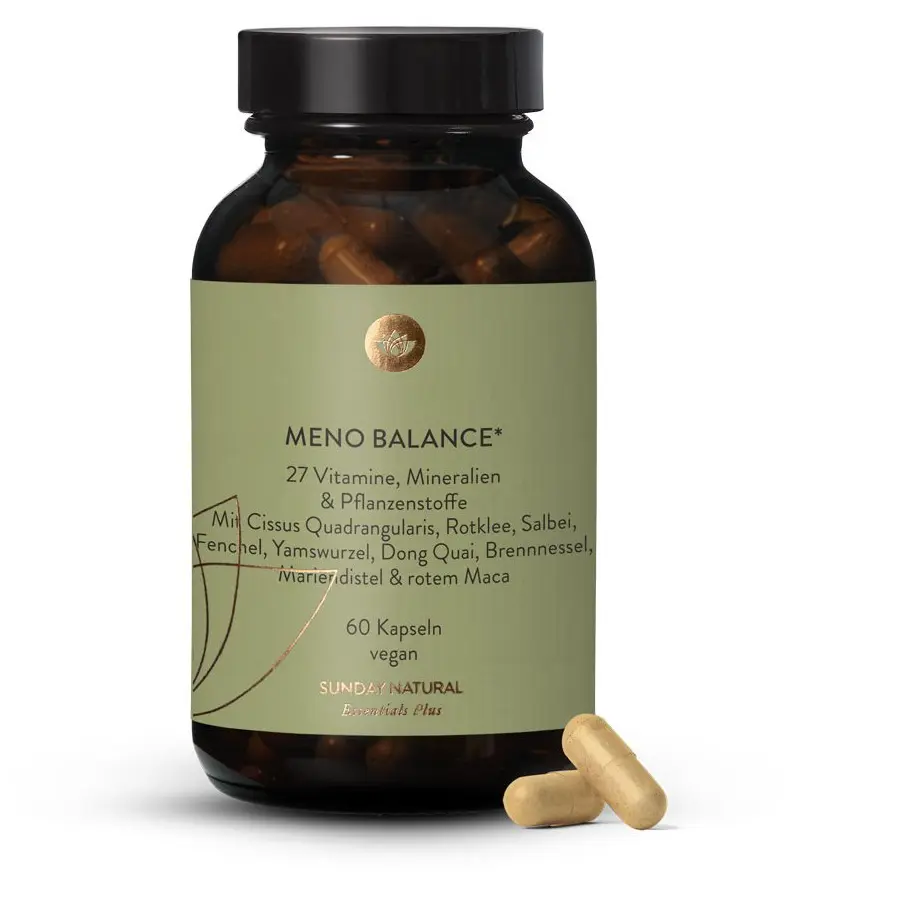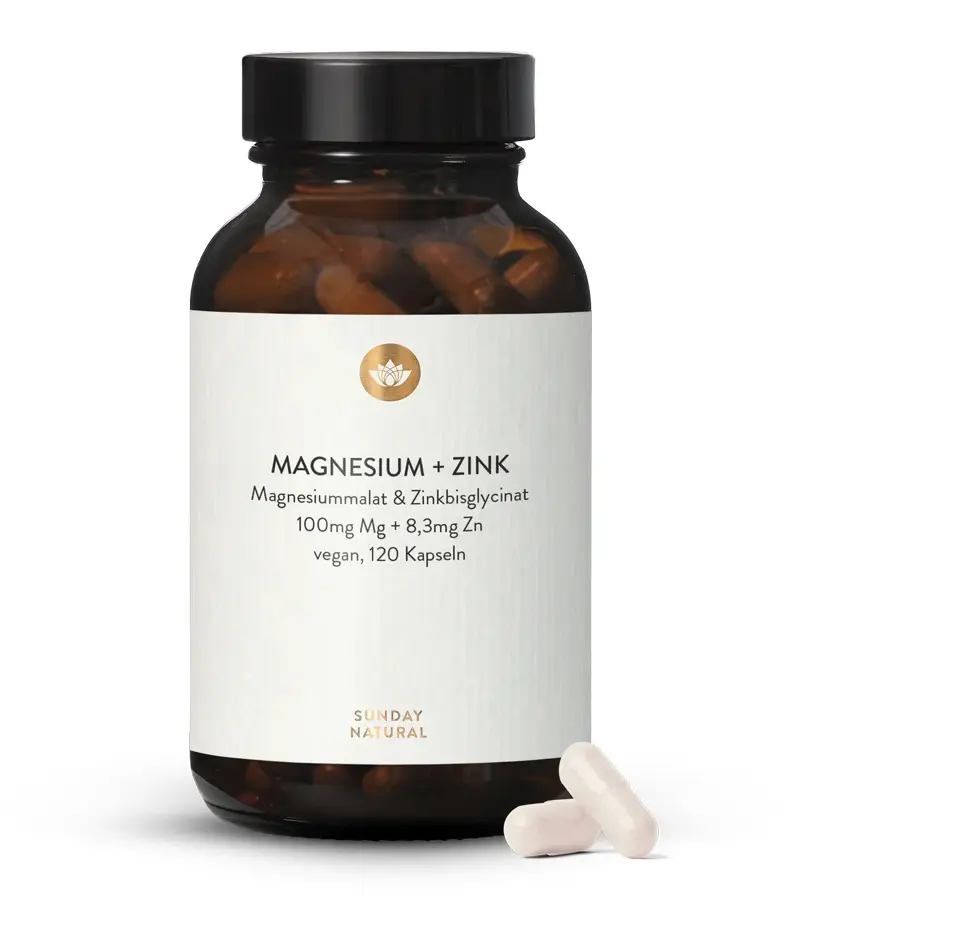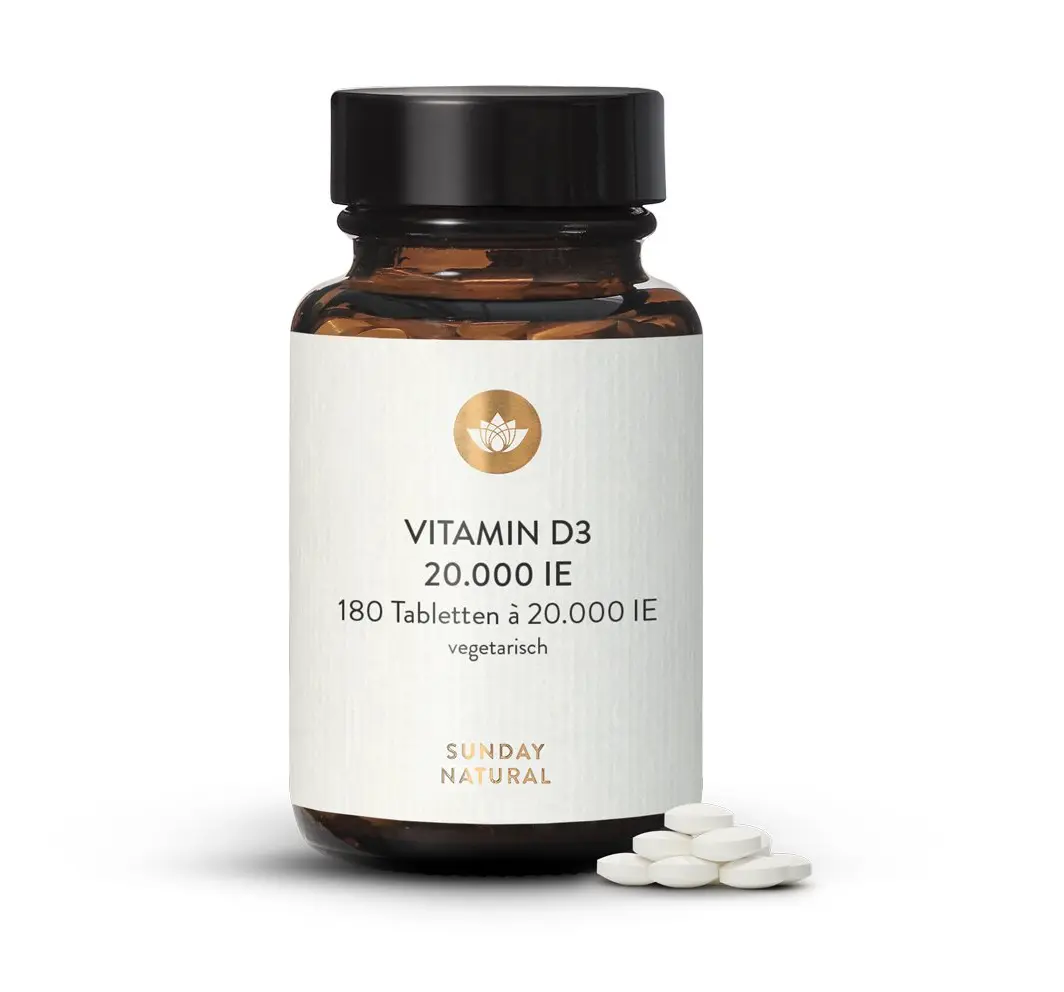Testosterone is often considered the "male sex hormone" and is commonly associated with stereotypes such as strong muscles, sexual desire, body hair, and exaggerated masculinity. However, testosterone is also present in smaller amounts in the female body and plays a crucial role – from libido to muscle strength to mood, hormonal balance, as well as skin and hair.
"During menopause, the hormonal balance changes – the ovaries become less active and produce less and less hormones over time," explains Dr. Katharina Burkhardt, hormone scientist and president of the Network for Bioidentical Hormones. "This affects not only well-known female hormones like progesterone and estradiol, but also the production of testosterone."
With the last menstrual period, the ovaries eventually stop producing hormones altogether. From this point on, testosterone is produced only in small amounts – in the adrenal cortex and body tissue, such as fat tissue.
5 interesting facts about testosterone during menopause
What is testosterone important for? How does a deficiency manifest? These are the most important facts for women.
Testosterone is also essential for women
"Testosterone is an underestimated player in the female hormonal balance," states Dr. Burkhardt. Although women produce significantly less testosterone than men, it still fulfills numerous functions – from supporting libido to stabilizing mood to maintaining muscle mass and bone density.
Especially exciting: Testosterone also contributes to the strengthening of the pelvic floor muscles. "This has a direct impact on continence - a topic that gains importance, especially during menopause," says the expert.
A deficiency is not only evident in libido
A low testosterone level can manifest through a variety of symptoms - often non-specific and therefore difficult to attribute. These include fatigue, exhaustion, lack of drive, mood swings, or a depressive mood. Decreasing muscle strength and bone density are also warning signs. “A low testosterone level can also increase the risk of osteoporosis and bone fractures.”
Testosterone sets the pace for energy and desire
"Testosterone shows us in a loving way where life is going," says Dr. Burkhardt. It is not without reason that it is also referred to as the "doer hormone" (or in this case "doer hormone"). It promotes vitality, motivation, and - not to be forgotten - sexual desire. If the level is too low, it leads to lack of drive, decreased libido, and a general feeling of "not being yourself anymore."
